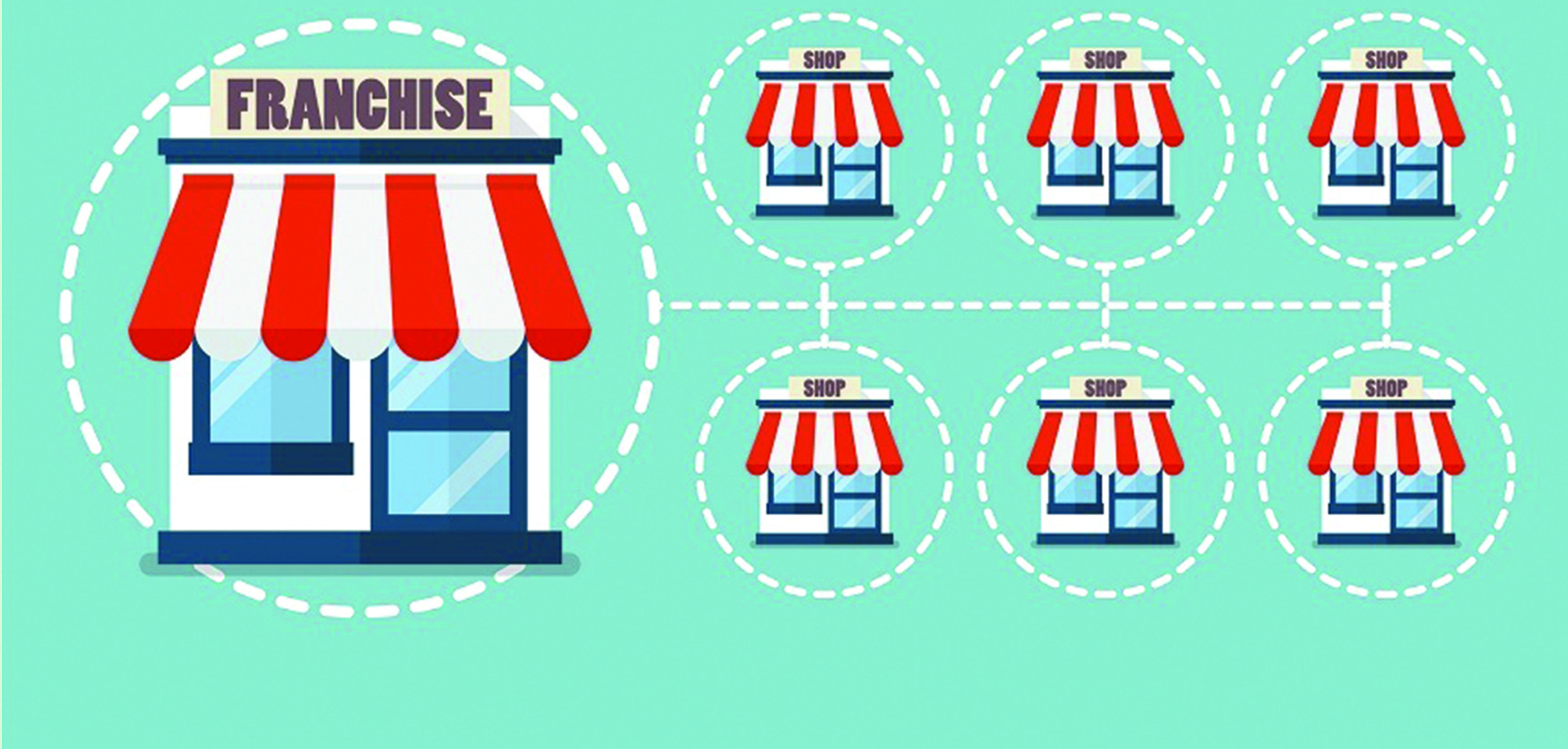
Franchising, good option for small businesses
ONE of the most difficult experiences for many small businesses is how to sustain their operations or even grow bigger.
Some have the financial muscle and prefer to grow organically, others do, but prefer to buy off an existing business and attempt to reform and ride on their back to grow.
But both options have their severe downsides, which may not be the best for them to consider. This is why franchising has been deemed to be one of the ‘easy’ ways out, albeit with some strict obligations.
Before I delve into why small business owners can consider this option, I wish to first attempt a definition of franchising.
Franchising is a system of distribution in which semi-independent business owners (franchisees) pay fees and royalties to a parent company (franchisor) in return for the right to become identified with its trademark to sell its products or services. Under this form of arrangement, the franchisee is also required to use the franchisor’s business format and system.
In this first part of the topic, I will consider the franchising options available for small business owners to explore.
Types of franchising
Trade name or business format franchise - This type of franchise involves a brand name. Here the franchisee buys the right to use the franchisor’s trade name without distributing products exclusively under the franchisor’s name. This very common type of franchising facilitates the expansion of the franchisor’s business by allowing individuals to buy a business with an established brand name. New business owners will often be supported throughout the initial business stages and will continue to receive support in running their businesses. In return for the offered support, access to experienced professionals and the right to use the business name and trademarks, the new business owner is obligated to pay a royalty fee to the franchisor regularly.
This does not, however, mean that after buying the franchise name, one can do anything one wishes. It comes with some strict rules that must be followed to ensure that the brand name is not damaged.
For instance, much as you may own the name, you will be required to pay regular royalty fees. The parent company will provide you with ongoing support, the right to use their brand name and any staff training materials you may need. You are, however, obligated to buy all necessary supplies, such as stock and uniforms, directly from them.
Product distribution franchising or single operator franchises- Do you often hear some companies say: “We are the sole distributor of …”. Product distribution franchising is a type that involves a franchisor licensing a franchisee to sell specific products under the franchisor’s brand name and trademark through a selective, limited distribution network. Again, this model focuses on individuals who are selling products or delivering a service in a specific trade or industry field such as the automobile or the petroleum downstream industry, among others.
Simply put, the franchisor will allow you to use their brand name and trademarks, provide you with the uniform and equipment needed to properly represent the brand and offer you ongoing support. Note that product franchises are a great option for first-time business owners, independent contractors and home businesses since the investment needed is usually smaller than that of business format franchises.
This is the earliest type of franchising. Under this, dealers were given the right to distribute goods for a manufacturer. For this right, the dealer pays a fee for the right to sell the trademarked goods of the producer.
For a brief history, product franchising was used, perhaps for the first time, by the Singer Corporation during the 1800s to distribute its sewing machines. This practice subsequently became popular in the petroleum and automobile industries also.
Comprehensive franchising- The type involves providing the franchisee with a complete business format, including a licence for a trade name, the products or service to be sold, the physical plant, the methods of operation, marketing plan, a quality control process, a two-way communication system and the necessary business support services. In short, the franchisee purchases the right to use all the elements of a fully integrated business operation.
While this type of franchise is the most popular among food and drink companies, it can also be found throughout the manufacturing industry, from children’s toys to cars.
The best example of this will be a soft drinks company. The parent company will produce the concentrated syrup and then sell it, as well as the right to use its brand name and trademarks, to a bottling company. That company will then mix the syrup with water and bottle the finished product before selling it to various suppliers. For the automobile industry, the brand owner will manufacture all the parts and send them to the franchisee to assemble for a particular market.
Conclusion
So these are options small businesses can explore because these are the three main types so franchising. If you would like to start your own business or become self-employed, then buying an established franchise is a great place to start.
But do not just do it. Speak with the right financial institution such as Access Bank. Also, by engaging with an experienced franchisor to take care of customer support and provide everything you need to get started, the only risk you have to take is the initial investment.